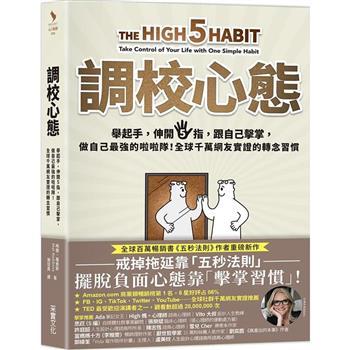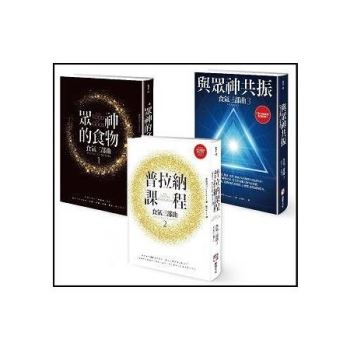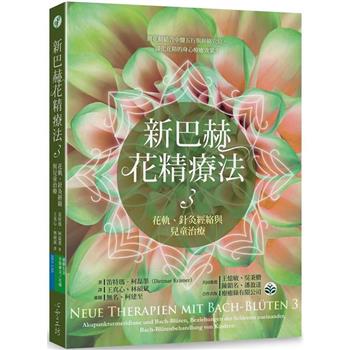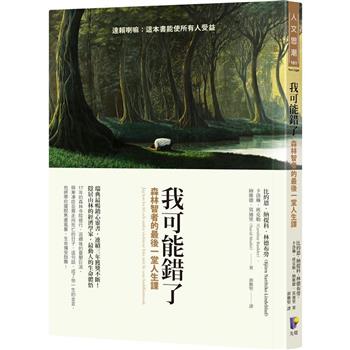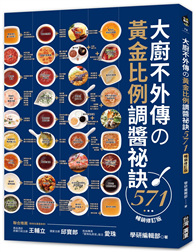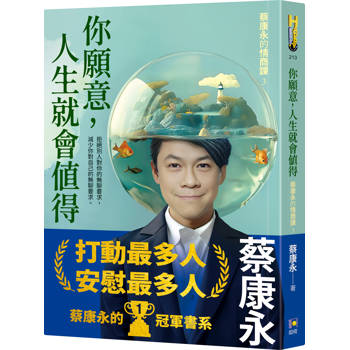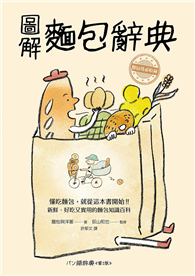Joseph Adu-Gyamfi, Soil and Water Management and Crop Nutrition (SWMCN) Section, Joint FAO/IAEA Centre of Nuclear Techniques in Food and Agriculture, International Atomic Energy Agency (IAEA), Vienna, Austria. Joseph is working as an Integrated Soil Fertility Management Officer providing technical assistance to IAEA national, regional/interregional technical cooperation projects in Africa, Asia, Europe, Latin America, and the Caribbean, on the use of multi-stable isotope fingerprints to identify sources and transport of contaminants in the environment (www.iaea.org). His work involved developing climate-smart agricultural practices to combat and mitigate the impacts of climate change on agricultural systems and food security, soil and water quality in developing countries. He has >30 years of experience in the use of isotopes to measure and monitor interactions between soil, water and nutrients in cropping systems at different research, academic, national and international organizations and development consultant firms, in both developing and developed countries. He is the author and co-author of four books, several book chapters and research publications in refereed journals. He has won several awards for his professional achievements, including the ICRISAT Outstanding Research Scientist 2002, Special Award on Root research on drylands (Japanese Society of Root Research), IAEA Superior Achievement (2018) and Merit awards (2022).
Grzegorz Skrzypek, West Australian Biogeochemistry Centre, School of Biological Sciences, The University of Western Australia, Perth, Western Australia. Grzegorz has 242 years of experience in the field of stable isotope geochemistry, hydrochemistry and ecology since his PhD (1999) from The University of Wroclaw (UWr). Grzegorz is currently working as Associate Professor and Coordinator of MSc Ecology specialization at The University of Western Australia (UWA). Grzegorz has published >80 several ^80 papers on applications of stable isotope techniques in hydrological, hydrochemical, pollution, ecological and paleoclimate studies. He uses stable H, C, N, O, S, and Sr isotopes to trace water budget, nutrient fluxes in natural environments, and dispersal of pollution in environments impacted by mining and agriculture. He held a prestigious Australian Research Council Future Fellowship at UWA (2012-2015) and Foundation for Polish Science Scholarship at UWr (1999-2000). Currently, he is serving as the deputy director of the West Australian Biogeochemistry Centre at UWA (wabc.uwa.edu.au). Grzegorz has been a chief investigator on a number of research projects in Europe and Australia, and an expert on IAEA Technical Cooperation Projects and IAEA Technical Meetings.
Gwenaël Imfeld, Isotope and Experimental Biogeochemistry, University of Strasbourg, Strasbourg Cedex, France. Gwenaël is a research professor at the French National Centre for Scientific Research (CNRS) in environmental biogeochemistry, at the Laboratory of Hydrology and Geochemistry of Strasbourg (PhD degree in 2008 at UFZ-Leipzig, Habilitation in 2013, University of Strasbourg). His research interests revolve around pollutant biogeochemistry, microbial transformation, and ecology in continental hydrosystems, and freshwater sustainability, resilience, and adaptation of socio-hydrosystems. His current research focuses on the degradation and transport of micropolluants in wetlands, soils, and aquifers, combining microbial and stable isotope approaches (CSIA). Gwenaël is leading the research team ’Isotope biogeochemistry’ with analytical facilities for chemical and isotopic analyses of trace elements and organic compounds. He is Director of the Research Initiative in Sustainability and the Environment (RISE/FERED) of the University of Strasbourg/CNRS and in the Editorial Board of Chemosphere.
Lee Heng, Soil and Water Management & Crop Nutrition (SWMCN) Section, Joint FAO/IAEA Centre of Nuclear Techniques in Food and Agriculture, International Atomic Energy Agency (IAEA), Vienna, Austria. Lee is working as the Section Head of Soil and Water Management and Crop Nutrition (SWMCN) Subprogramme in the Joint FAO/IAEA Centre of Nuclear Techniques in Food and Agriculture (www.iaea.org). She has more than 30 years’ experience in soil-plant-water interactions, agricultural water management and water use efficiency, integrated nutrient water interactions, and diffuse pollution control for sustainable agricultural production systems, at both national and international levels. Her work covers countries in Africa, Asia, Europe, and Central and Latin America on sustainable land and water management for climate-smart agriculture and the efficient use and conservation of agricultural resources to enhance food production and environmental sustainability. She is the author and co-author of several books and book chapters and research publications in refereed journals. She has won several awards for her professional achievements, including the IAEA Merit, Promotion (2004) and Superior Achievement Awards (2018) and the USDA-Agricultural Research Service (ARS) Outstanding Sustained Effort Technology Transfer Award for Outstanding Work in Technology Transfer to Users (2012).

